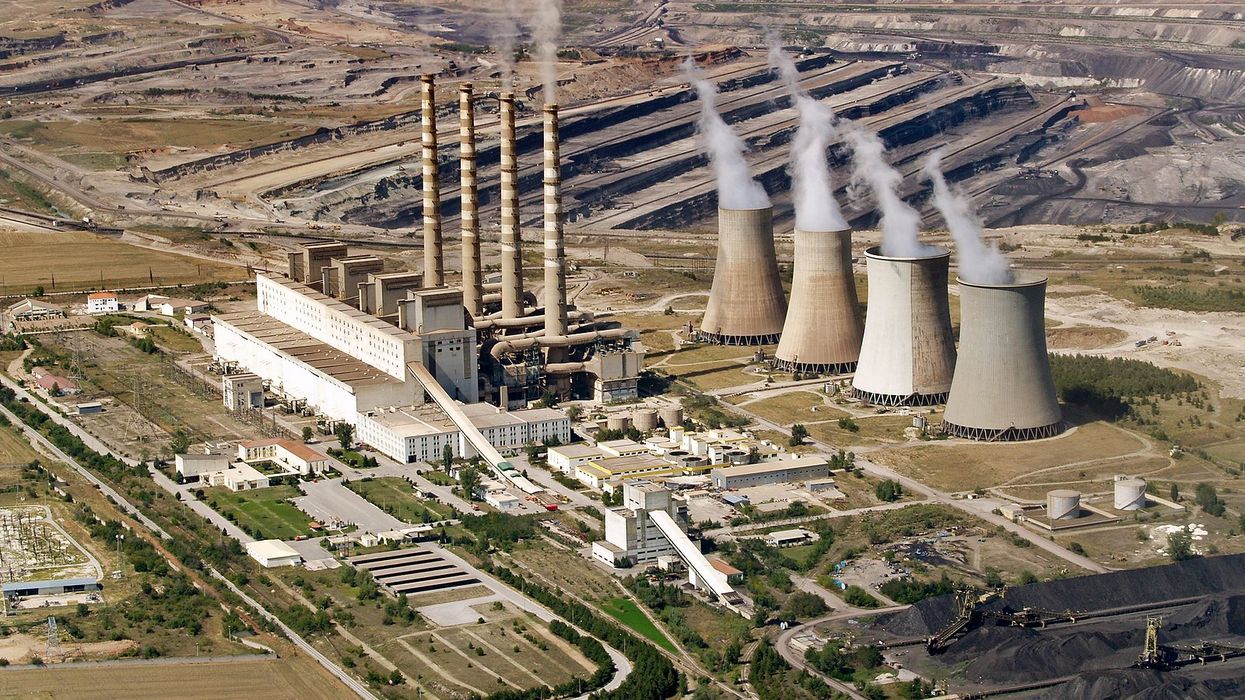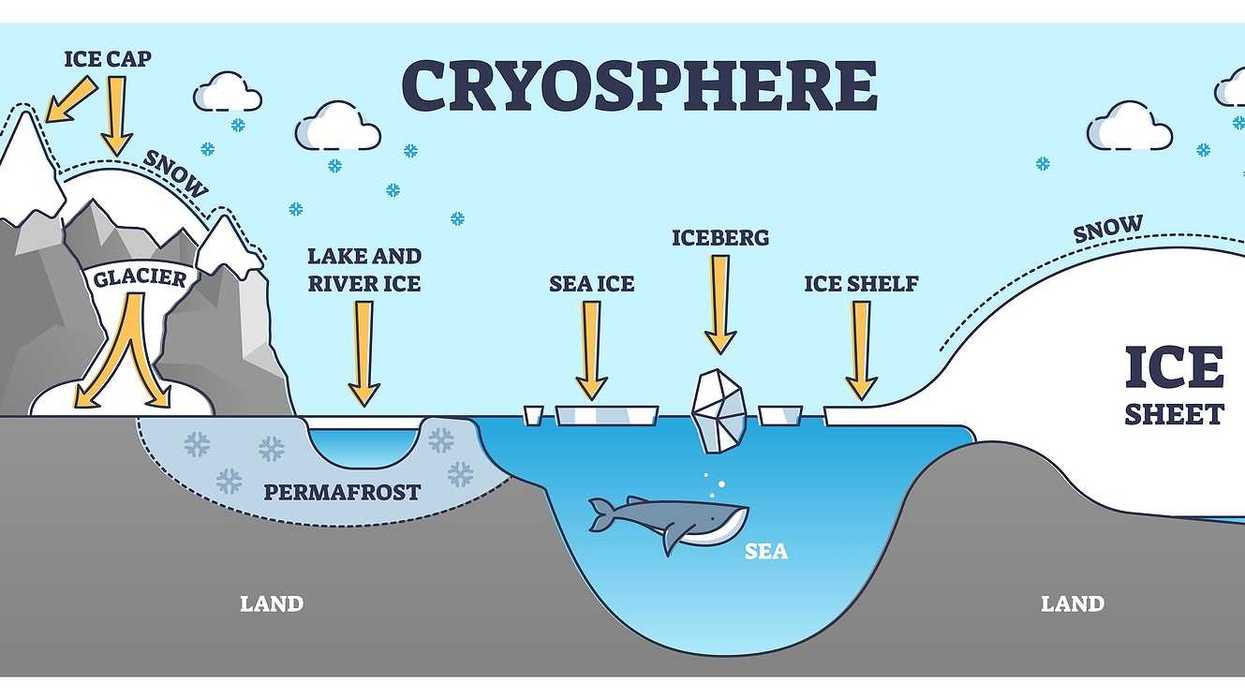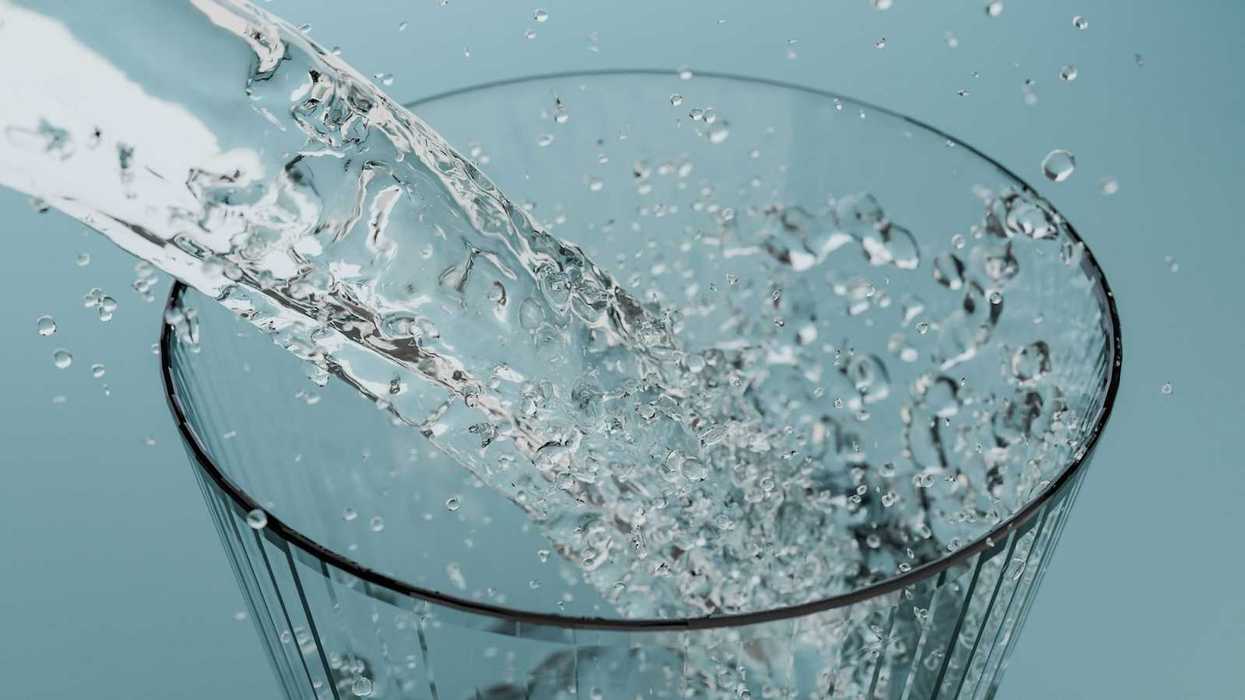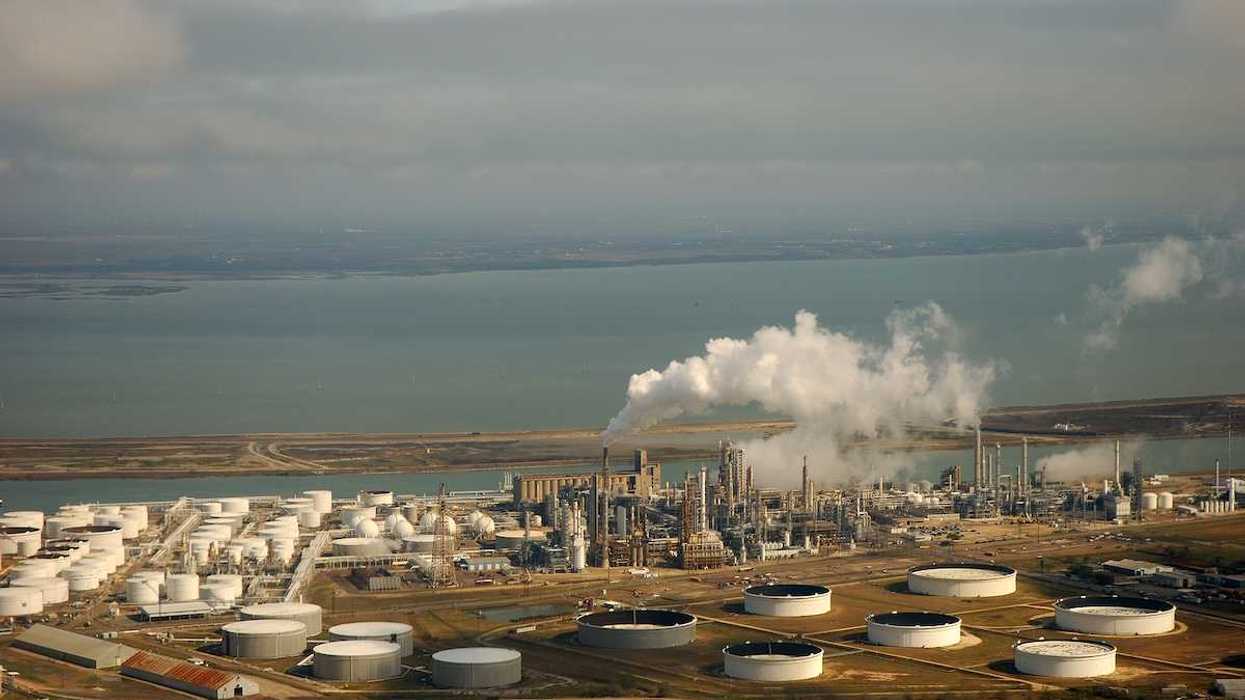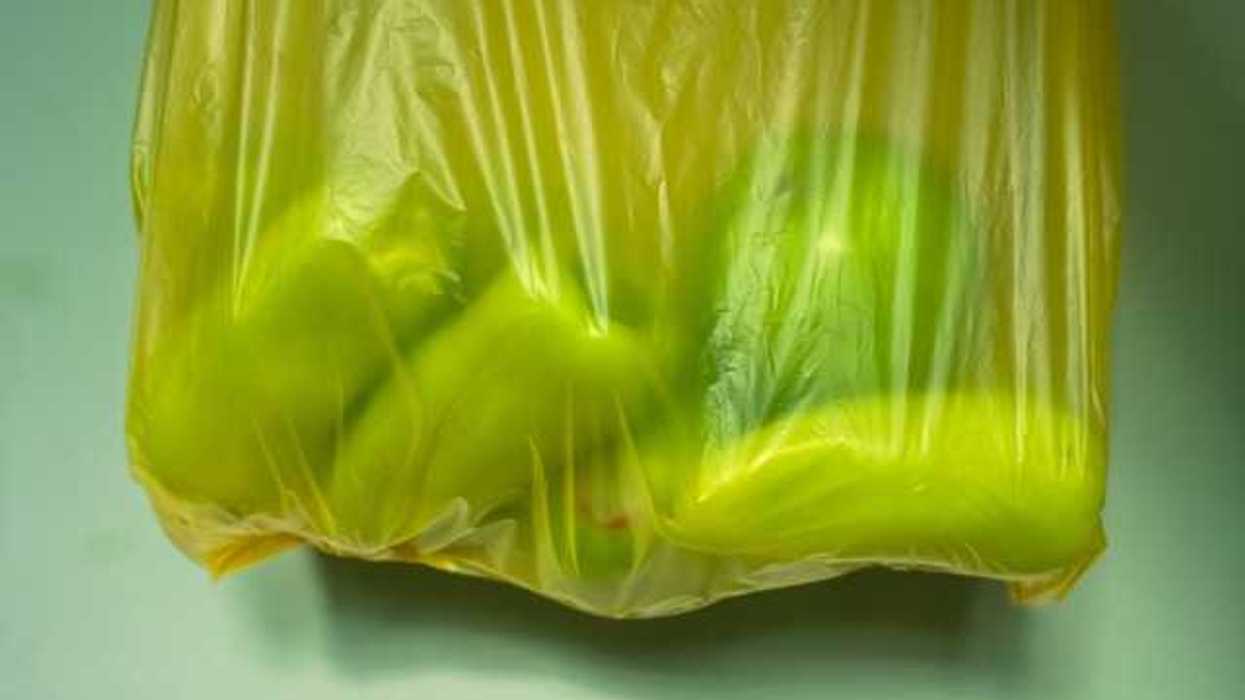The Trump administration announced plans to roll back drinking water limits on four types of toxic PFAS chemicals, drawing sharp criticism from health and environmental advocates.
Tom Perkins reports for The Guardian.
In short:
- The U.S. Environmental Protection Agency under President Trump is seeking to rescind limits on four of six PFAS compounds regulated under a 2024 rule, potentially violating the Safe Drinking Water Act’s “anti-backsliding” provision that prohibits weakening public health protections.
- The move is welcomed by chemical and water utility industries but could jeopardize legal agreements that depend on the EPA limits to mandate cleanups and ensure safe drinking water in affected communities, especially those near chemical plants.
- Advocates warn the Department of Justice may intentionally weaken its legal defense of the rule in court, leaving non-profit groups like the Natural Resources Defense Council (NRDC) to step in and fight to preserve the standards.
Key quote:
“With this action, EPA is making clear that it’s willing to ignore Americans who just want to turn on their kitchen taps and have clean, safe water.”
— Erik Olson, senior strategic director for health, NRDC
Why this matters:
More than 200 million Americans may be drinking water contaminated with PFAS. The Biden-era EPA rules, which the Trump administration now aims to reverse, marked the first significant update to federal drinking water standards in nearly three decades. Weakening those rules could delay or derail efforts to clean up pollution, particularly in communities already suffering from exposure near chemical plants like those operated by Chemours. The controversy also raises broader questions about the role of public water utilities, some of which are actively opposing stricter water safety standards even as they face multibillion-dollar legal settlements. At stake is not just the content of America’s drinking water, but public confidence in the agencies meant to protect it.
Learn more: EPA delays PFAS water deadlines and drops limits for four chemicals


